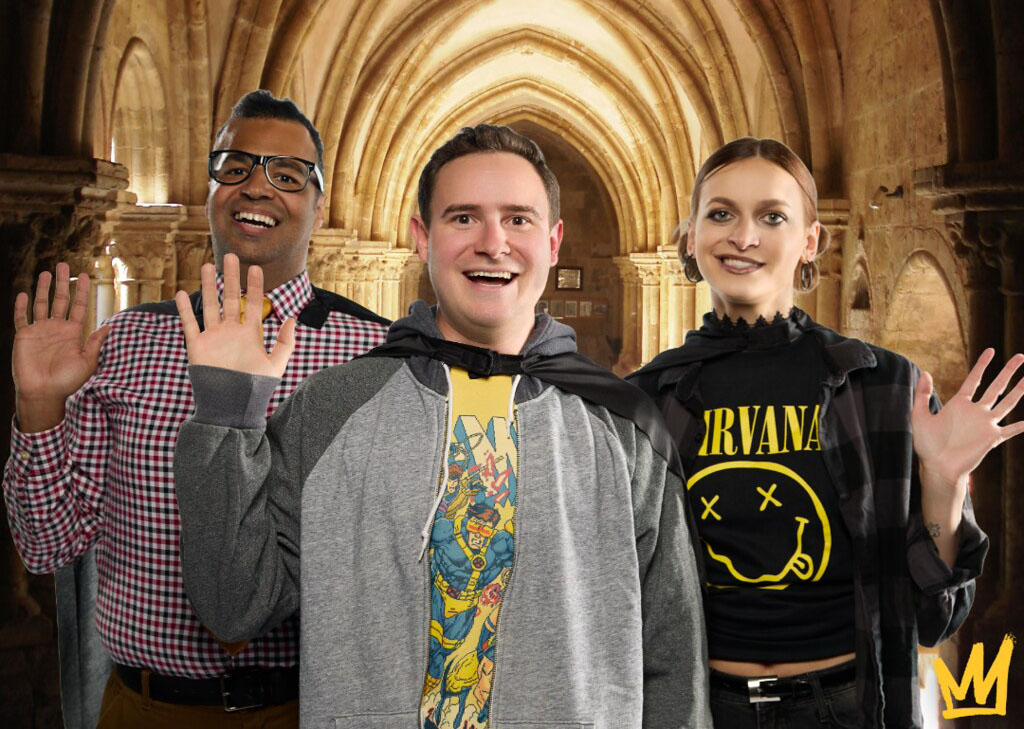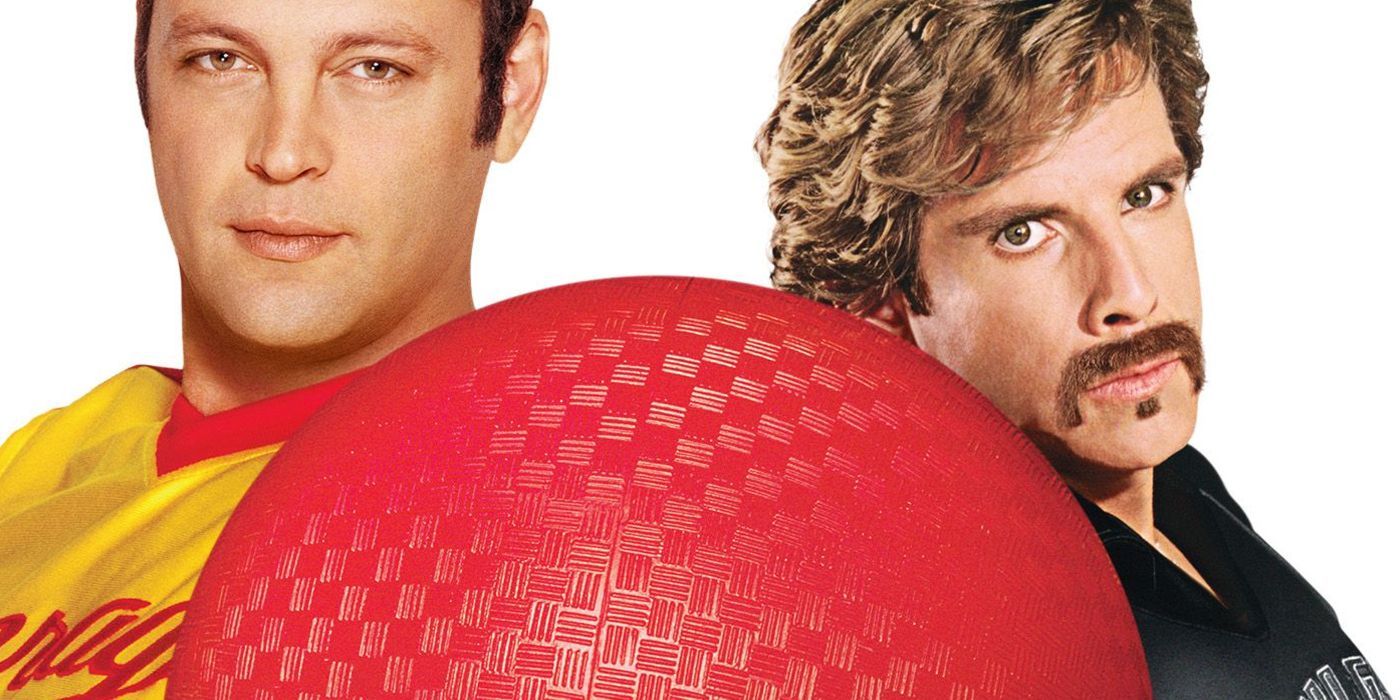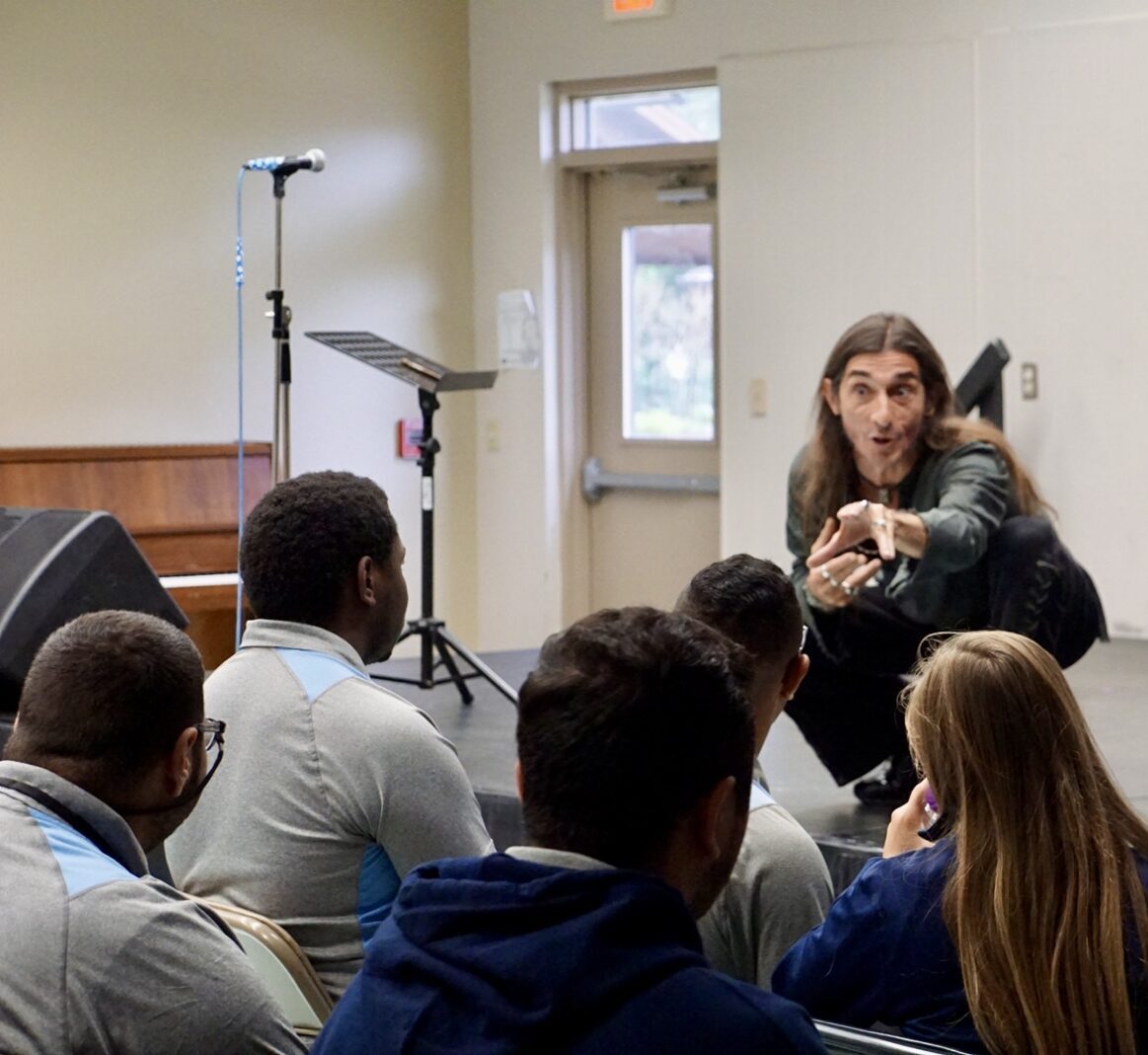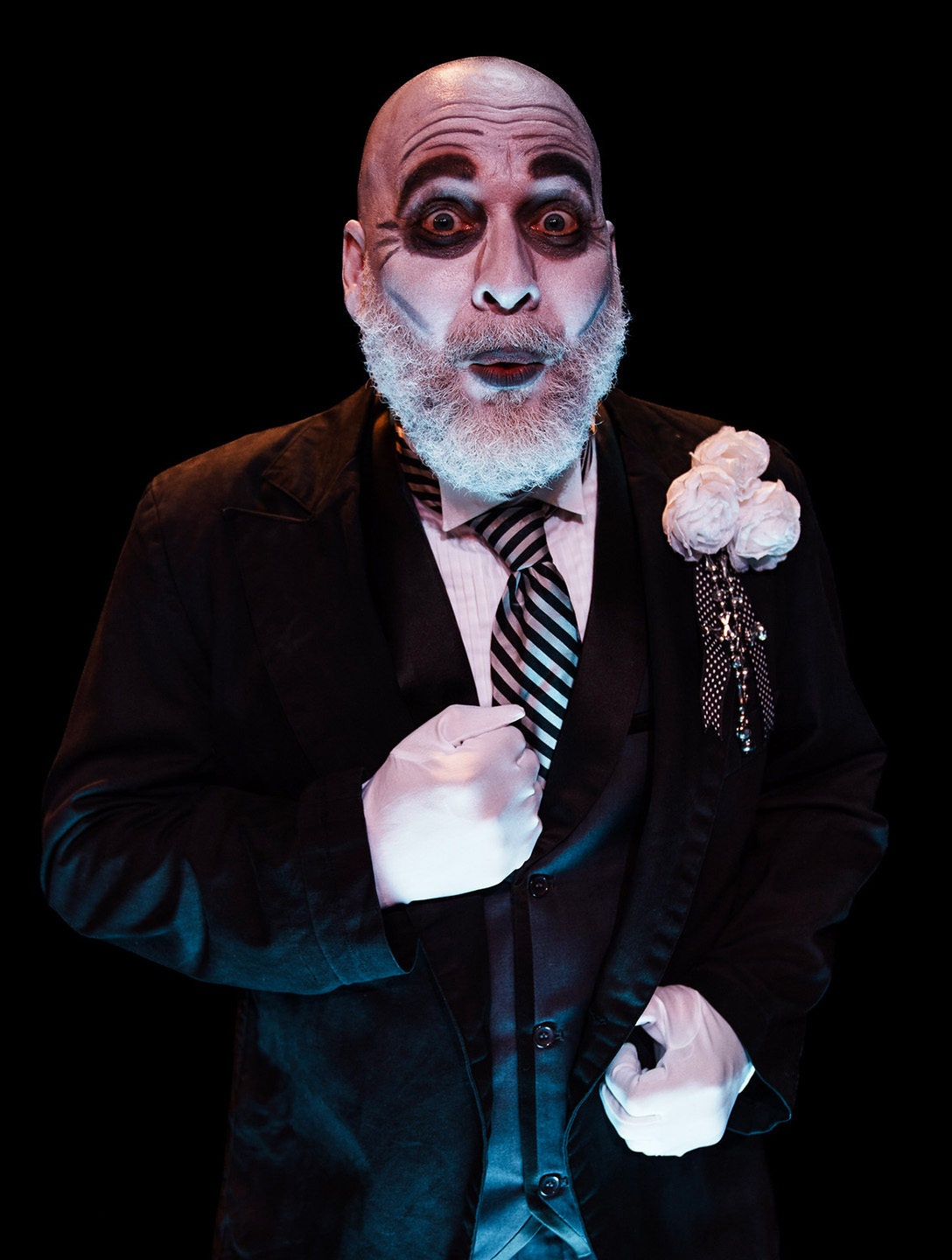Since going back to school for my PhD I’ve struggled as an artist and scholar with the many problems inherent to representation of others, particular populations that have been somehow marginalized and/or oversdetermined in our cultural texts. As a theater artist, representation is what we do. Yet scholars, particular those in the humanities and social sciences, are doing much of the same sort of work — even when they don’t recognize it’s what they’re doing. Every sociologist doing an ethnographic study of a group of people, every statistician’s data set of a group — they too are interpreting, distilling, and representing.
On the one hand, representations can naturalize, universalize, essentialize whole groups of people and wittingly or not perpetuate stereotypes, prejudice,s and ideology embedded deep in our minds and bodies. On the other, as theater artists we are storytellers, translators, interpreters, and engage in acts of representation as a fundamental activity.
In working on RACE as a director, I am very aware of my own position of privilege as a white male. I find myself doing a lot of listening. Intense, open listening. To my cast, to the script, to my inner thoughts, to the world around me. I’m not after tidying anything up in presenting this story, if anything I’m actively swimming towards murky water. I’m doing my best to locate the ambiguities present in relationship, in character, in ideology, in the overall narrative. Once again (I’ve been messing around with this in moments of shows like Shrew, RTBP, and even Quills) I find myself intentionally preserving, even heightening, those tensions.
The work that is coming out of this is, I believe, riveting. It’s creating far more questions than it is providing answers. It’s avoiding the easy, the essential. It’s taking nothing for granted.
People might hate that, I realize. If you’re thinking of coming to RACE for a morality tale where you’re given the answers/lesson at the end – some worn out or oversimplistic platitude along the lines that we’re all different and just need to learn to get along, or that we’re all the same under the skin – you’ll be unsatisfied. This stuff is messy, ugly, complicated, contested.
I know as I proceed here I am asking my actors to do things they may not be accustomed to. Despite the postmodern world we live in, theater training is still largely stuck in the Enlightenment. From Stanislavski to Meisner, actors are taught there is some natural self, a true identity that we can somehow know, and that through a firm understanding and mastery over that we can get at a universal humanity and thereby pretty much play any character. Ok, so I just pretty much offered an essentialist characterization of that style, but I feel I can argue with just about anyone who’d try to tell me it’s inaccurate.
There are of course other styles of acting, Brecht comes most quickly to mind (if you saw Einstein’s Dreams you might have an idea of what I’m talking about). There’s high style (and even low style I suppose if you want to go there and put things things somehow in hierarchy – the Naturalists do …) and other approaches to acting in various specific performance contexts, but by and large we really haven’t gotten away from this slippery idea of “truth” in our representations. Verisimilitude.
I’m playing around a lot with Ronald Pelias’ notions of the empathetic process. Recognition-Convergence-Adoption. I wouldn’t call this wholly inside-out or outside-in. Or, perhaps to put a finer point on it it’s not an either/or method but one that asks for both/and.
So, yeah, two years into my PhD and I’m not saying I have this thing licked any. I’m evolving though. I find myself drawn to maintaining the tensions inherent to ambiguity and irony. It feels more honest somehow to me as an artist than making certain truth claims. I work more ground-up from the cast than I did. I find stuff here and there, too, like this, that gives me those “A-ha!” tingles. This is from Debby Thompson’s “Is Race a Trope?” (African American Review, Spring 2003). A few edits to make my point with fewer words:
“For theater to capture racial and other identities in our current cultural moment, we need an other-oriented acting approach […] which can present race as simultaneously both anchored and mobile, both fact and act, both trap and trope. By approaching racial identity as performative [we] can question the fact of race without discounting race’s very real effects.”
I’m excited to be part of this great experiment that’s taking place in communication within performance studies and other related areas within the field. It’s giving me a way to bridge theory and practice, the academy and the community.
More later, I was just struck by this quote and wanted to share. Got something to add to this conversation? Please do! 🙂










